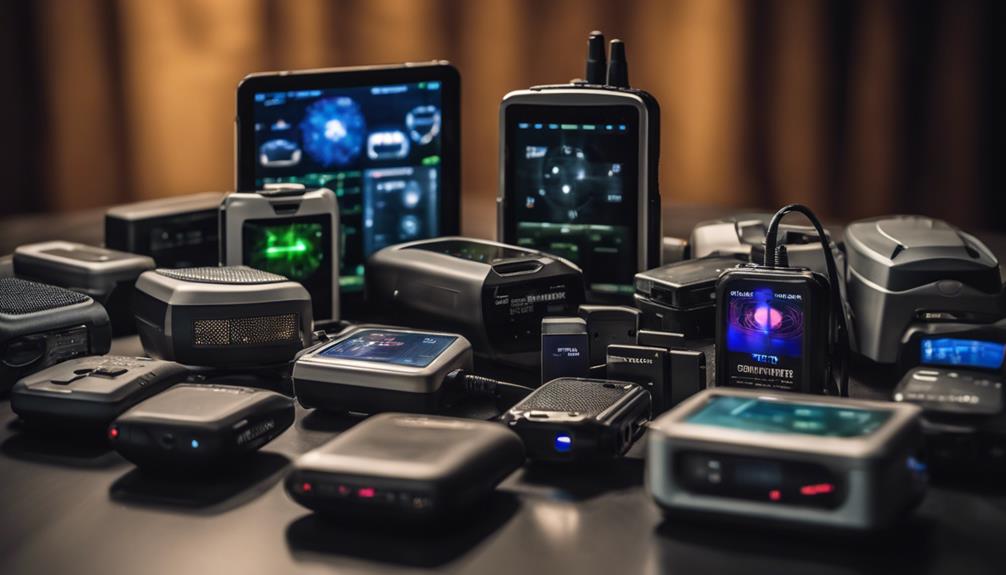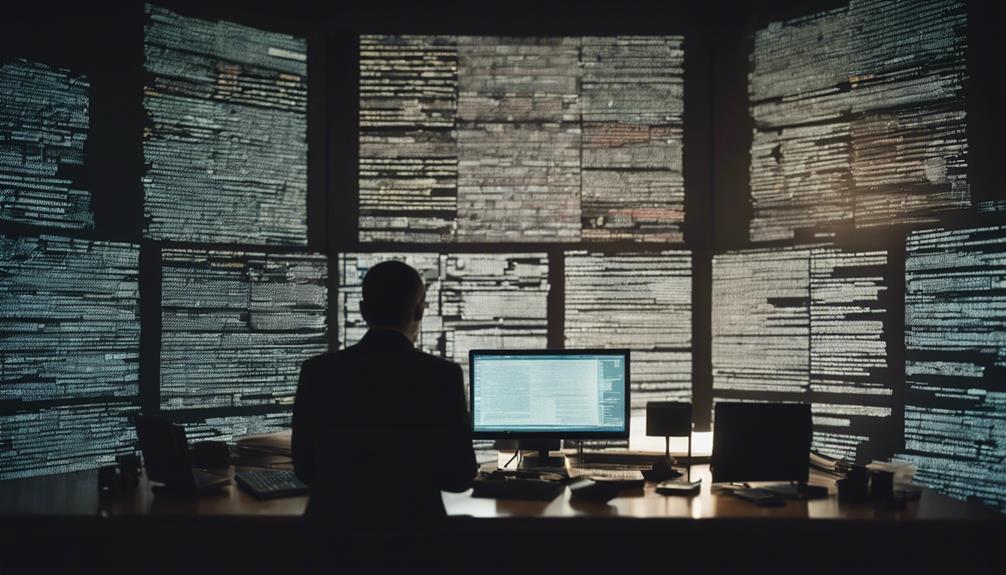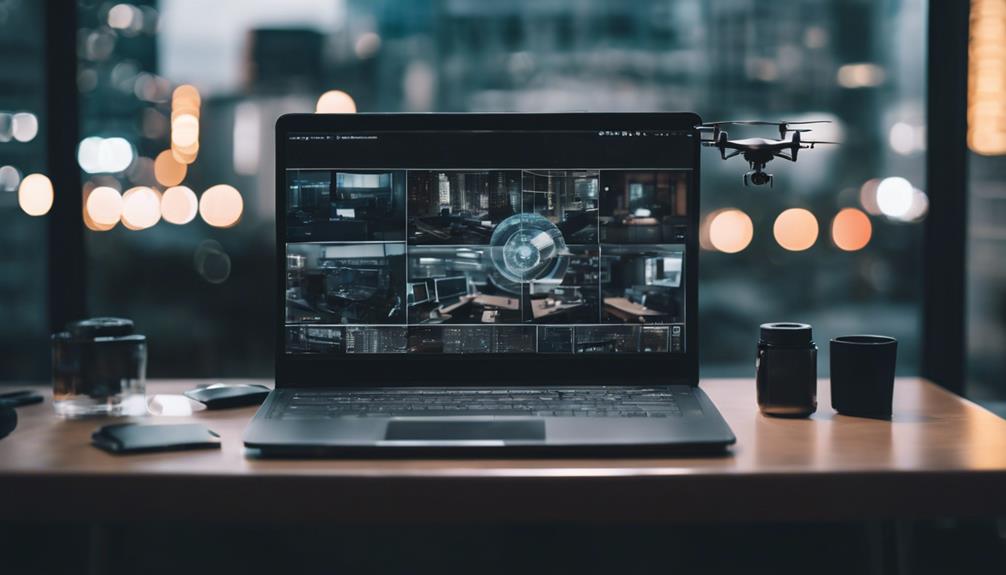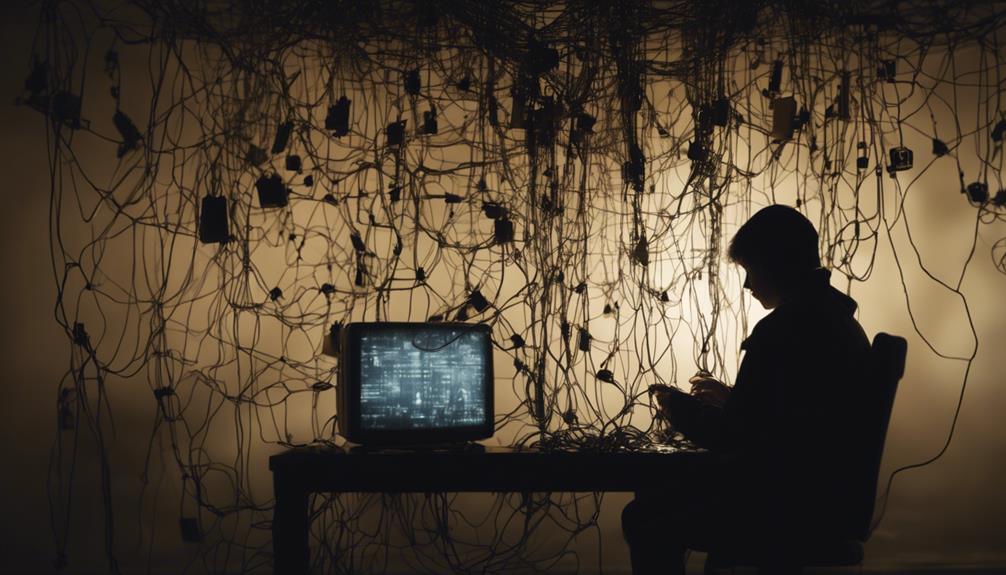
In an age where technology is advancing at an unprecedented rate, the invasion of personal privacy through the use of spy cameras has become a pressing concern. Particularly alarming is the misuse of these devices in private spaces, often targeting women without their consent. This article delves into the various facets of this issue, including the risks involved, legal implications, ethical considerations, and ways to protect oneself from such invasive surveillance.
Understanding the Risks of Spy Cameras in Private Spaces
The proliferation of affordable spy cameras has made it increasingly easy for individuals to invade the privacy of others. These devices can be discreetly hidden in everyday items like smoke detectors, alarm clocks, or even personal belongings. The primary risk lies not just in the invasion of privacy; it can also lead to severe emotional distress and damage to one’s reputation. Victims may feel vulnerable and exposed, leading to long-term psychological consequences that can affect their personal and professional lives.
Moreover, the risks escalate when these recordings are disseminated online or shared among peers. In today’s digital world, once an image or video is uploaded, it can spread rapidly, resulting in irreversible damage. Victims may find it challenging to reclaim their privacy and dignity, emphasizing the need for awareness and preventive measures against such violations.
The Legal Implications of Using Spy Cameras on Women
Legally, the use of spy cameras raises complex issues surrounding consent and privacy rights. In many jurisdictions, recording someone without their knowledge, especially in private spaces such as bedrooms or bathrooms, is considered illegal. However, the enforcement of these laws can be inconsistent, and many perpetrators go unpunished. This gap in legislation creates a dangerous environment where individuals feel they can operate without fear of retribution.
Furthermore, the legal ramifications extend beyond the individual who installs the spy camera. Victims often face hurdles in pursuing justice, as they must provide evidence of the invasion, which can be a daunting task. The lack of comprehensive laws specifically addressing the misuse of surveillance technology against women highlights the urgent need for reform and protection for those affected.
How to Protect Yourself from Invasive Surveillance
Awareness is the first step in safeguarding oneself from invasive surveillance. Individuals should familiarize themselves with the common signs of hidden cameras, such as unusual objects in their environment or devices with lens reflections. Regularly inspecting personal spaces, including vacation rentals or shared living situations, can help identify potential threats before they escalate.
In addition to vigilance, implementing technological solutions can bolster personal security. Using camera detection apps or investing in RF signal detectors can provide an extra layer of protection. Moreover, fostering open communication with friends, family, and roommates about privacy concerns can create a supportive environment where everyone feels empowered to voice their apprehensions.
The Psychological Impact of Being Recorded Without Consent
The psychological toll of being recorded without consent can be severe and long-lasting. Victims often experience feelings of shame, anxiety, and a loss of control over their own bodies. The knowledge that one’s private moments have been captured and potentially shared can lead to profound emotional distress, significantly impacting mental health and self-esteem.
Additionally, the trauma of invasion can create a ripple effect in a victim’s life, affecting relationships and social interactions. They may withdraw from social situations or develop trust issues, leading to isolation. Recognizing these psychological consequences is crucial for developing support systems and resources for those affected by such invasions.
Exploring the Ethics Behind Spy Camera Usage
The ethical implications of using spy cameras delve deep into societal values surrounding consent, privacy, and respect. The act of recording someone without their knowledge is inherently exploitative, raising questions about the moral compass of individuals who engage in such behavior. It reflects a disregard for personal boundaries and the autonomy of others, suggesting that some individuals prioritize their curiosity or control over the well-being of their victims.
Furthermore, ethical considerations extend to the technological realm, where companies producing surveillance devices have a responsibility to promote their products with integrity. Manufacturers should implement features that safeguard consumer privacy and discourage illicit use, fostering a culture that respects individual rights rather than exploiting them for profit.
Recognizing the Signs of Hidden Surveillance Devices
Being able to recognize the signs of hidden surveillance devices is essential for personal security. Common indicators include unusual wires, small holes in walls or objects, or devices that seem out of place. Additionally, excessive electronic devices in a given area may also signal a potential threat. Awareness of one’s surroundings can help individuals identify potential surveillance before it becomes a serious issue.
Moreover, using technology to detect hidden cameras has become increasingly accessible. Various apps can scan for wireless signals, helping to locate potential hidden devices in personal spaces. Educating oneself about these technologies and employing them as needed can significantly enhance personal safety and privacy.
What to Do if You Discover a Spy Camera in Your Space
Discovering a spy camera in one’s space can be a shocking experience, triggering a range of emotions from fear to anger. The first step should be to document the finding with photographs or videos, which can serve as evidence later if legal action is pursued. It is advisable to avoid tampering with the device or deleting any footage, as this could compromise potential evidence.
Next, individuals should report the discovery to local authorities to investigate the invasion of privacy. Seeking legal counsel can also provide guidance on the next steps, including how to protect oneself from further harassment and understanding one’s rights as a victim. Support from friends and loved ones during this process is invaluable as it can help alleviate feelings of isolation and anxiety.
The Role of Technology in Privacy Violations Today
Today’s technology plays a dual role in privacy violations and personal protection. On one hand, the proliferation of affordable surveillance devices has made it easier for individuals to invade the privacy of others. This ease of access has led to a surge in instances of hidden surveillance, often targeting vulnerable populations, particularly women. With advancements in technology, the methods of recording and disseminating private information have become increasingly sophisticated, making it essential for society to address this growing concern.
On the other hand, technology also offers tools that empower individuals to protect their privacy. From anti-surveillance apps to security systems designed to detect hidden cameras, technological advancements can serve as a line of defense. The challenge lies in balancing the benefits of technology with the ethical considerations of privacy rights, encouraging a culture that values consent and respects personal boundaries.
Advocating for Stronger Laws Against Invasive Monitoring
The current legal framework surrounding privacy and surveillance is often inadequate to address the complexities of modern technology. Advocating for stronger laws against invasive monitoring is vital to protect individuals, especially women, from becoming victims of such violations. Legislative changes should include clear definitions of consent, stricter penalties for offenders, and comprehensive guidelines on the legal use of surveillance technology.
Community engagement is also crucial in this advocacy. Raising awareness about the implications of invasive monitoring can mobilize public support for change. Grassroots campaigns, educational programs, and partnerships with organizations dedicated to women’s rights can help create a supportive environment that champions privacy rights and holds offenders accountable.
Empowering Women: Taking Control of Your Privacy Rights
Empowering women to take control of their privacy rights is essential in the fight against invasive surveillance. Education plays a critical role in this empowerment, providing women with the knowledge and tools to protect themselves from potential threats. Workshops, seminars, and online resources can inform women about their rights, the signs of surveillance, and steps to take if they feel threatened.
Moreover, fostering a culture of solidarity and support among women can enhance collective resilience against privacy violations. Encouraging open discussions about personal experiences and sharing strategies for protection can cultivate an environment where women feel secure and empowered to assert their rights. By taking proactive steps and advocating for their privacy, women can reclaim agency in their lives and combat the pervasive issue of invasive surveillance.
The issue of spy cameras invading the privacy of women is a multifaceted problem that requires immediate attention and action. By understanding the risks, recognizing the legal implications, and advocating for stronger protections, individuals can foster a safer environment for everyone. Empowering women through education and community support is essential in combating the pervasive misuse of surveillance technology. Together, we can take a stand against privacy violations and work towards a society that respects the dignity and autonomy of all individuals.




